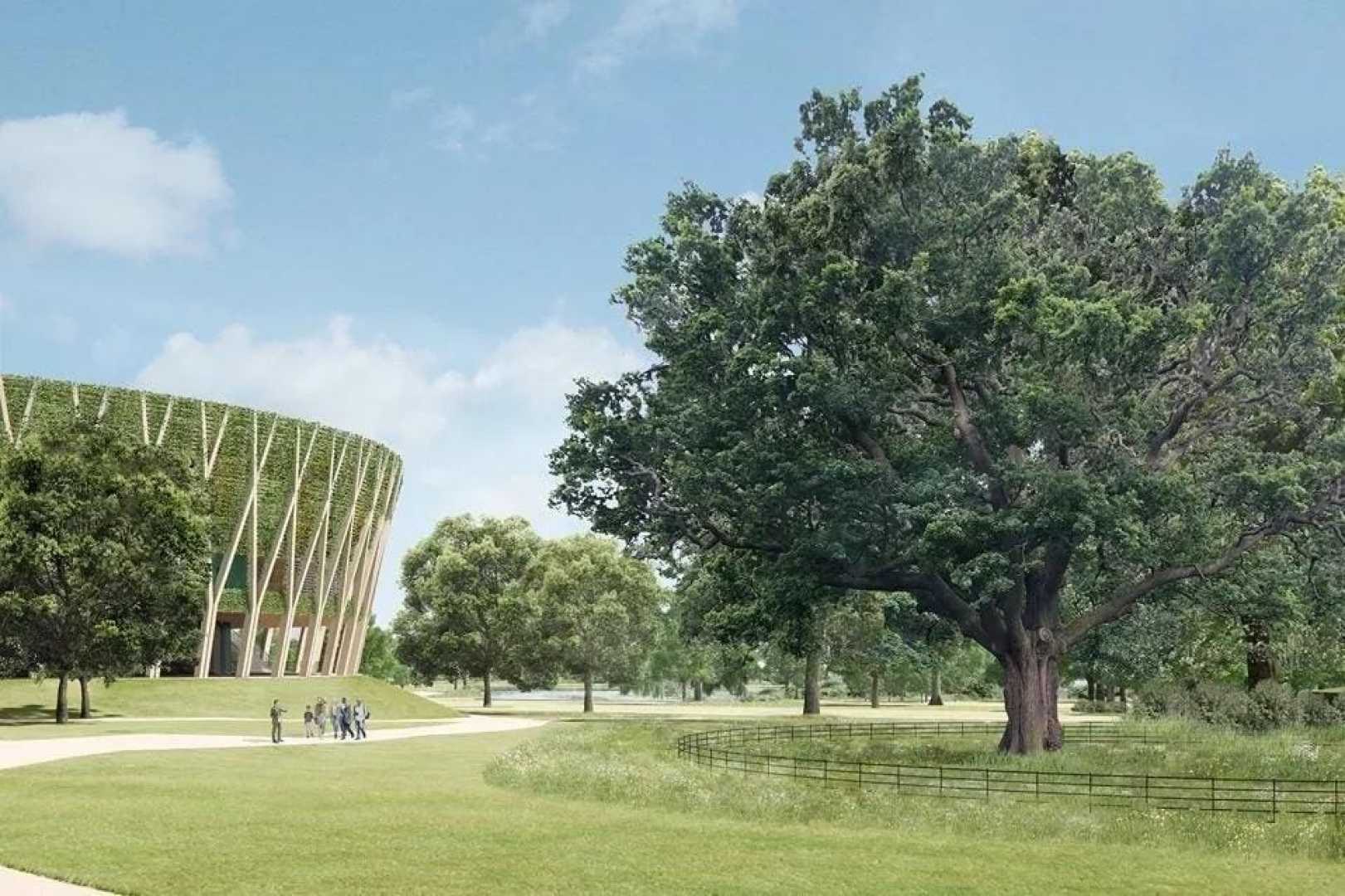News
Wimbledon Expansion Approved Amidst Planning Controversies in London

The Greater London Authority (GLA) has approved expansion plans for the All England Club at Wimbledon, a decision that saw London’s victory over local ‘Not In My Back Yard’ (NIMBY) activists. This approval comes amidst a backdrop of planning controversies in the capital city, including the proposed expansion of Twickenham’s Allianz Stadium by the Rugby Football Union (RFU).
London Mayor Sadiq Khan remarked, “London is the sporting capital of the world and this decision will not only ensure Wimbledon remains the most prestigious tennis tournament in the world, but will also bring significant benefits to the local area and our city — providing increased access to green space, community sport, and new jobs.” This statement followed the controversial approval to expand into a neighboring golf course, which was granted by the GLA.
While the green light has been given to Wimbledon, other proposed projects have faced rejections. Notably, a scheme to erect a structure similar to Las Vegas’s MSG Sphere was denied planning permission, marking a tension between development and preservation within central and local government debriefings in London.
The RFU recently launched a consultation regarding plans to host at least 15 more non-sport events annually at Twickenham’s Allianz Stadium, following a substantial sponsorship deal rebranding the stadium’s name. Despite this initiative, opposition is anticipated due to the stadium’s dated infrastructure. The venue, largely unrenovated since the 1990s, relies on a local train station that struggles to accommodate the surge in crowds during events.
Residents have expressed concerns over the potential increase in foot traffic, particularly with the expected addition of 1.2 million visitors per year. Nevertheless, the economic benefits of hosting large events are undeniable. Although the UK sports scene records only minimal disturbances, recent performances, such as Taylor Swift’s tour, have stimulated economic growth, contributing nearly £1 billion to the economy.
Alex Cohen, the RFU’s venue operations director, emphasized the stadium’s significance by stating, “Allianz Stadium generates 90 percent of the RFU’s revenues which all get reinvested back into community and professional rugby in England.” A study assessed the stadium’s economic impact from 2015 to 2019, revealing a £180 million annual contribution to the UK’s economy, with a significant portion affecting the local Richmond and Hounslow areas.
The Mayor of London may once again face the challenge of balancing community concerns with the city’s sports industry aspirations, as Twickenham’s plans for increased activities could lead to significant council level opposition.












